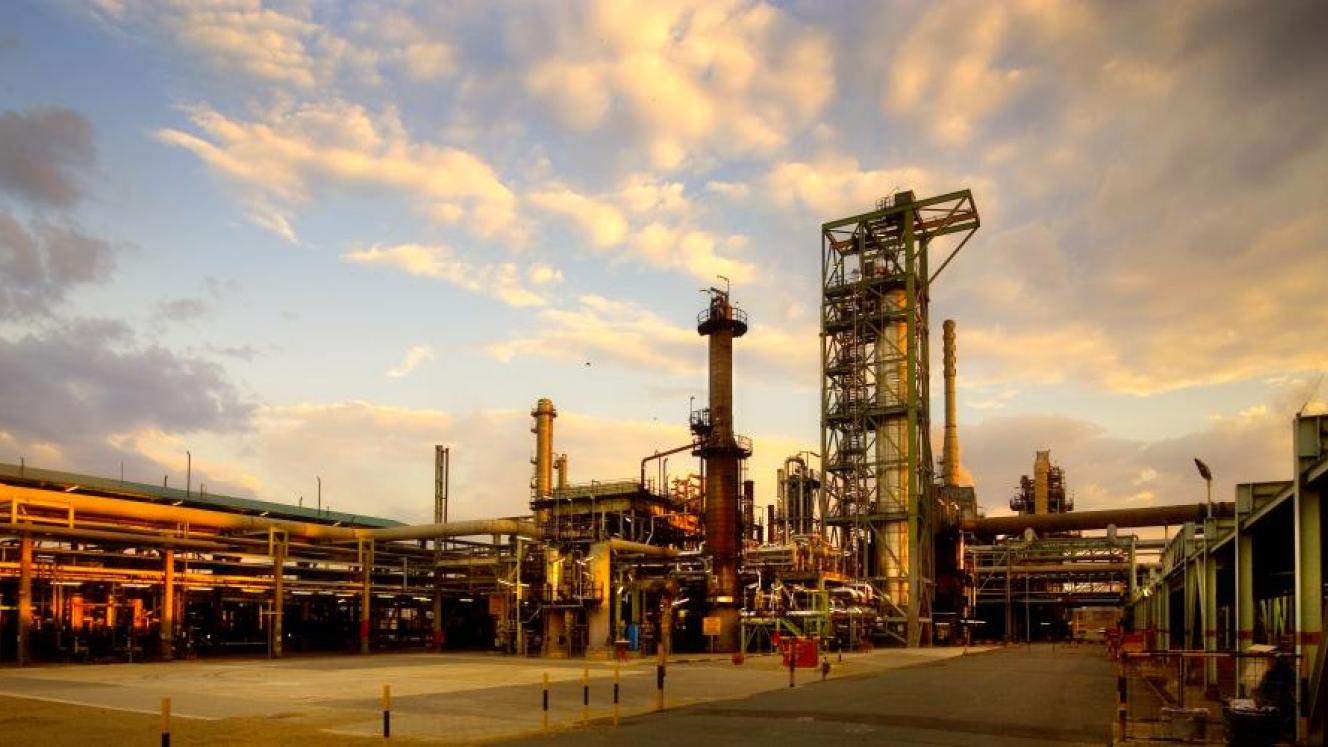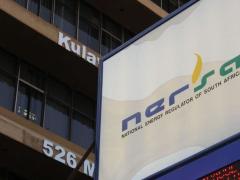Gauteng’s fuel industry is grappling with the effects of a liquid fuel shortage following the recent temporary closure of the National Petroleum Refiners of South Africa (Natref) refinery due to fire earlier this month.
Although the fire was swiftly extinguished and the plant safely shut down, infrastructure surrounding the crude distillation unit was significantly damaged. The refinery remains offline while Sasol assesses the extent of the damage and prepares a repair schedule. The energy company has cautioned that the closure will negatively impact the production and supply of various fuels, including diesel and unleaded petrol 93 (ULP93).
The shortage is already impacting the province’s supply chain. “It has created a severe shortage of diesel and ULP, especially in the wholesale market,” says Werner Boshoff, Operations Manager at Bulk Fuel.
Paraffin and ULP95 have also become scarce since the refinery’s closure, says Danie Gerber, owner of DG Fuels. “These fuels are not as readily available as they used to be. It is becoming a real challenge.” DG Fuels has been forced to purchase fuel from alternative suppliers at higher prices, he adds.
Suppliers who have secured fuel from Sasol likely have fixed contracts enabling them to access stock, says Boshoff. However, he has also noted a surge in prices due to limited supply. “If someone receives supply, they can add any margin they like due to the shortage.”
To mitigate the impact, Bulk Fuel is transporting fuel from Durban. “This adds delays due to travel distances, queuing times and return trips. Unlike Sasolburg, which is nearby, we now have to send trucks all the way to Durban, adding logistical challenges,” Boshoff says.
The shortage has particularly affected the supply of jet fuel to OR Tambo International Airport. The airport says it has sufficient fuel reserves to last through January. The Fuels Industry Association of South Africa, Natref industry partners and government agencies, including Airports Company South Africa, are working with various fuel industry stakeholders to find jet fuel for February.
Other stakeholders working on a solution to the shortage include the Central Energy Fund, Strategic Fuel Fund, Department of Mineral and Petroleum Resources, Transnet Pipelines and Transnet Freight Rail, the South African Revenue Service and other state-owned energy companies.
Sasol will provide an update on the refinery’s operational status and production volume impact in its second-quarter production and sales metrics report scheduled for release on January 23.













